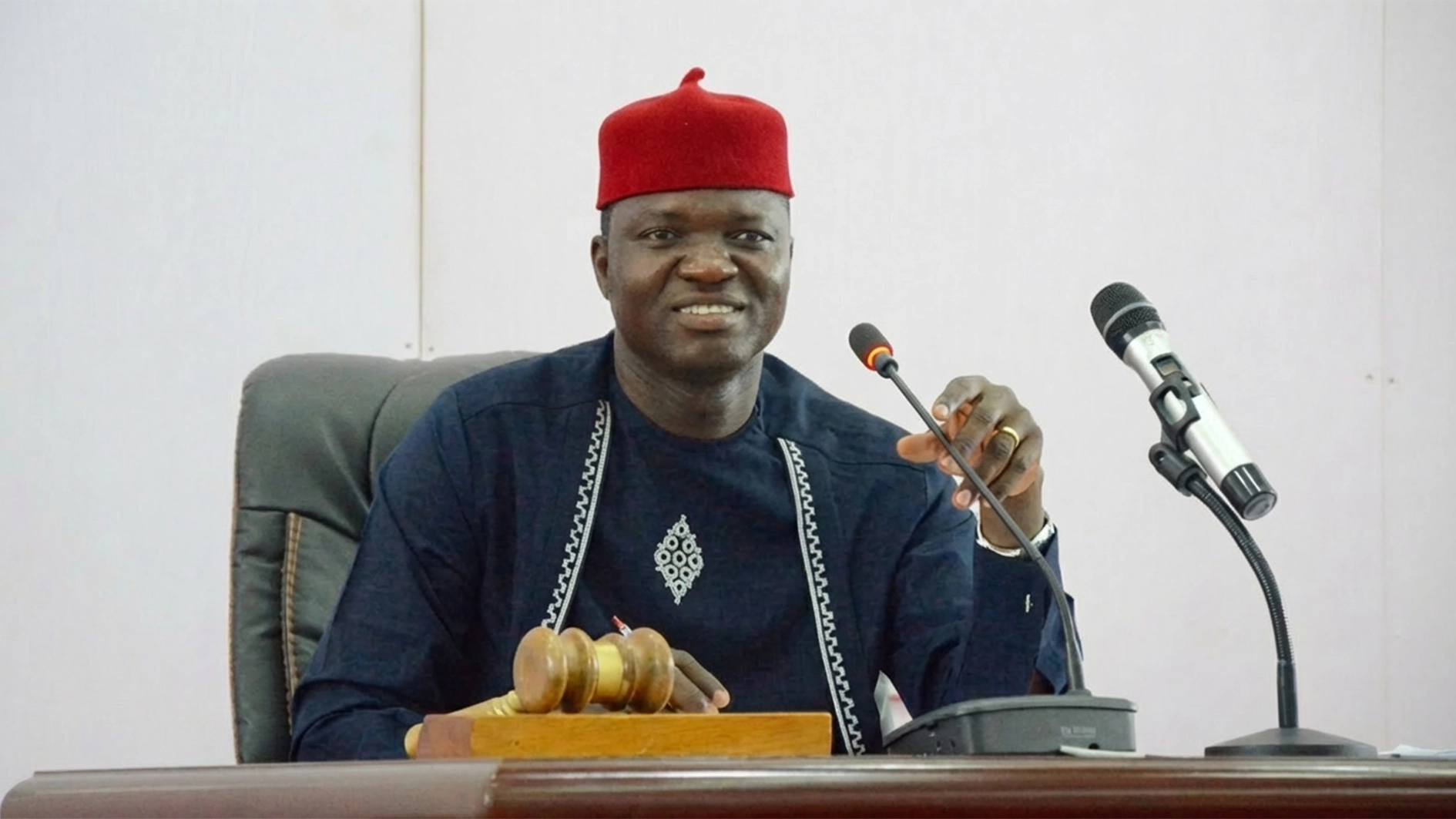When Samson Edozie first proposed integrating blockchain technology into Nigeria’s financial inclusion strategy, there was skepticism. Not from the usual critics, but from within the sector itself. Distributed ledgers, for many, still felt like a future problem, not a present solution.
But in early 2021, a low-profile blockchain pilot in Kaduna State quietly proved the skeptics wrong.
The initiative, led by Samson in collaboration with development partners and fintech engineers, was designed to test a blockchain-based identity and transaction framework in underserved northern communities. Many of these areas lacked traditional banking infrastructure and were home to thousands who had never held a bank account.
What the project aimed to solve was not access—but trust. Previous efforts to deploy mobile wallets and microloans in similar regions had faltered due to fraud fears and verification hurdles. By embedding identity hashes and transaction trails on a private blockchain, Samson’s team allowed users to verify payments and credit records without needing formal ID or expensive digital devices.
Over a 90-day period, more than 7,500 individuals participated in the test. Transaction settlement times fell dramatically, and default rates dropped by 28%, largely due to the transparency built into the system.
“We weren’t just building a finance product,” he explained during a webinar hosted by the Africa Fintech Alliance. “We were building trust—one line of code at a time.”
The Kaduna pilot has since drawn attention from regional players. In Rwanda, a similar approach is now being deployed in rural cooperative banking programs, supported by the Ministry of ICT and Innovation. Meanwhile, Ghana’s Ministry of Financein late 2020 endorsed blockchain-backed interventions for identity-linked cash transfers through partnerships with local startups.
The ripple effect across West and East Africa reinforces a broader point: the continent isn’t just adopting digital financial technologies—it’s defining them.
Samson’s pilot, while modest in size, helped provide one of the clearest models yet for how blockchain can support real-world inclusion at the base of the pyramid. His approach prioritised user simplicity, regulatory alignment, and data privacy—core issues often neglected in global blockchain discussions.
Those who worked with him say his focus was never on headlines. “He wasn’t pitching tokens or decentralisation hype,” said a fintech policy consultant familiar with the pilot. “He just wanted to build a tool that worked for people who had been forgotten.”
With new inquiries coming in from cooperatives in Niger Republic and youth credit programs in Sierra Leone, the Kaduna experiment may have been just the beginning.
And while blockchain still has a long road ahead in Africa, its most meaningful progress might come not from capital cities or crypto startups—but from quiet pilots like this one, led by individuals who understand that trust, once lost, must be rebuilt—block by block.






